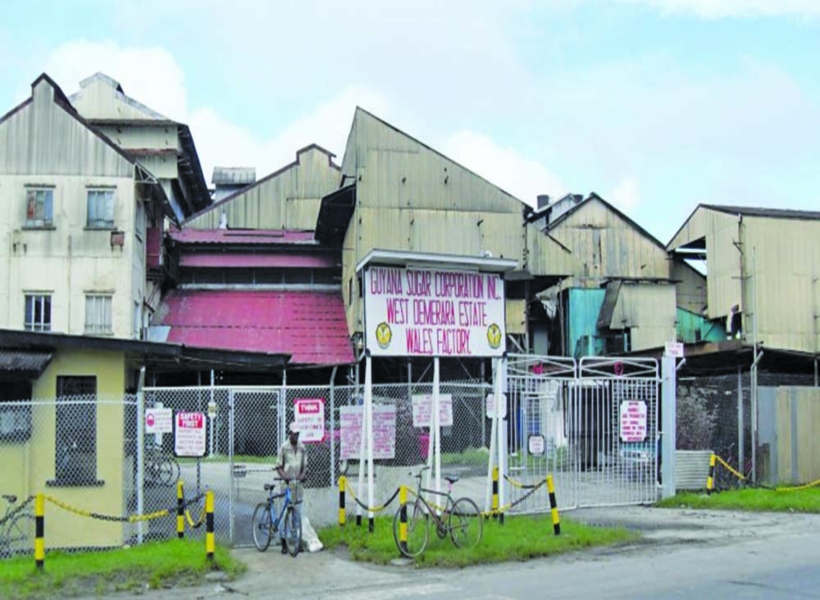The Special Purpose Unit (SPU) under the National Industrial and Commercial Investments Limited (NICIL), today announced that the preliminary works being carried out by PricewaterhouseCoopers with respect to the valuation of the estates that have been put up for privatisation and diversification are 90% complete.
The multinational services network is presently completing information memoranda (IM) for each estate.
The IMs will include the asset registry and land inventory for each estate. The completed IMs will be published for potential investors and public scrutiny, within the next two weeks.
It is expected that potential investors would begin visiting the various estates in August, in order to make assessments of the facilities as part of the preparation of their proposal to the SPU.
Head of the SPU, Colvin Heath-London stated today that, “Work continues apace both with the process being carried out by the PwC and with the efforts of the SPU to maintain the operations of the estates as going concerns until they’re handed over to investors at the end of the process”
London added, “Progress is also being made with the sale and lease of assets at the Wales Estate, and the conversion of the Skeldon Estate compound to the Skeldon Heritage Resort has gone very well.”
Earlier this year, the executive management of NICIL, in collaboration with the Ministry of Finance, embarked on a strategic plan to turnaround the fortunes of the Guyana sugar industry.
In part, the strategy involved the development of two cogeneration facilities, upgrades to the existing sugar factories to produce white sugar, the restructuring of debt, and ongoing training and education for the workers and management of GuySuCo.
To augment the plan, financing was sought to implement NICIL’s strategy, to the tune of G$30 billion and government awarded a mandate to the leading arranger of debt financing in the Caribbean, Republic Bank Limited.
Upon its ascension to office back in 2015, the David Granger-led administration began making drastic changes within the sugar sector. Soon after a Commission of Inquiry (COI) was conducted, it was revealed that government was investing too much into the industry will little return.
This revelation did not come as a surprise to many since it the cost to produce one kilogram of sugar, far exceeds the price the commodity actually sells for on the global market.













